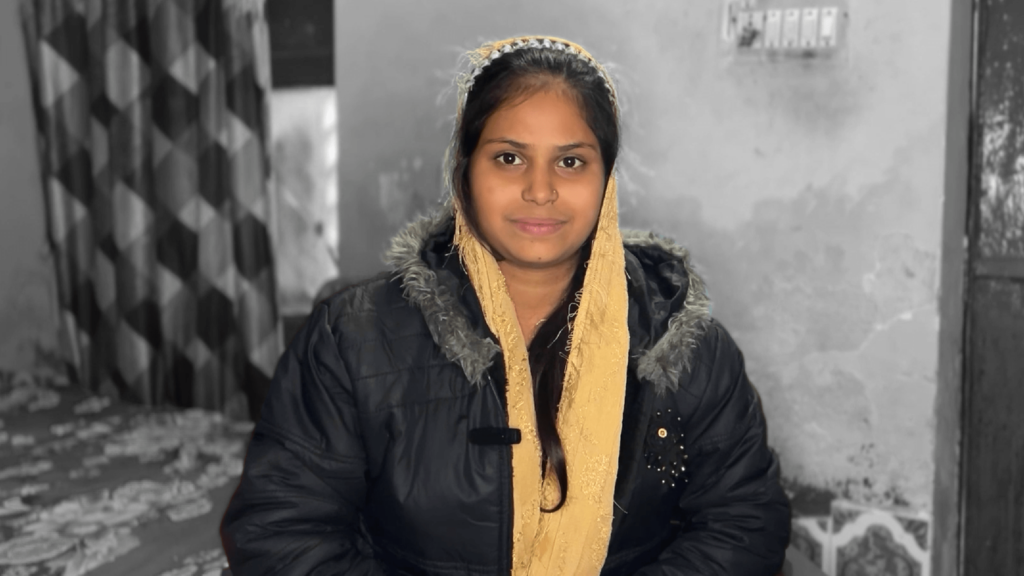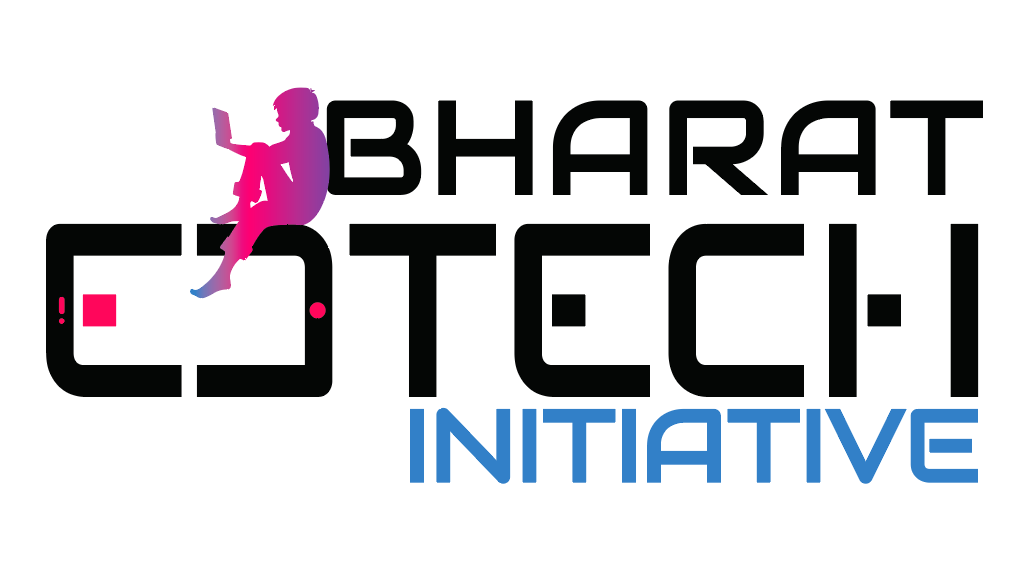May 5, 2023
In Madiyaon, a locality in Lucknow, UP, a group of mothers and grandmothers are gathered around one evening, discussing their girls’ education. The conversation veers to their children’s future and their dreams for them. Reliving their own childhood and early adulthood years, they are cognisant about how times have changed, and along with it, the educational and employment landscape of the country.
The availability of affordable and efficient digital learning opportunities in rural India has empowered parents, particularly those with daughters, to reconsider the educational prospects of their children.
With the support of Bharat EdTech Initiative, these children are able to learn anytime and anywhere, while having the agency to make choices in their educational journey. As a result, there is also a behavioural shift being noticed in parents and other stakeholders towards EdTech adoption.
Factors Driving EdTech Adoption
EdTech has brought a great deal of convenience to parents, as they appreciate the quality education that is now available at their doorstep. With their children not required to travel long distances, parents are safe in the knowledge that the children now have access to the education that they deserve. This has reduced the burden on parents, allowing them to focus on daily work without worrying about their children’s education.

Ilma, a student based in Madiyon, is part of BEI’s community partner Milaan Foundation’s Girl Icon Program. Her mother Praveen is a homemaker. In 2020, when schools were shut due to the pandemic, she was pleasantly not worried. “I was not as stressed about my daughter’s studies as expected, despite school closures. Because I knew that EdTech was a possibility, and it would enable her to learn and take tests from home.”
Parents have also noticed a significant improvement in their child’s learning outcomes since they started using EdTech. Bhanu Ben, a 60-year-old grandmother from Nabi Panah district exclaimed in delight, “The content is engaging and interactive, making it easier for my granddaughter (Sanjana) to understand the subjects. She learns on the app whenever she feels like it. I have personally seen her getting more interested in studies and this makes me want to be her biggest cheerleader!”
Given their limited resources, it is understandable that parents from rural India may have reservations about the affordability of digital learning tools. It also makes them wary of adopting EdTech for their child’s education. By making EdTech affordable, we can help ensure low-income groups are not left behind and also have the required skills to succeed in the future job market.
With the support of EdTech partners, BEI ensures high-quality, Bharat-ready products. These products are curriculum-aligned, available in regional languages, and consume less data. All of this helps families get access to digital learning tools.
Changing Attitudes Towards Gender Equality
There is evidence that parents from low-income communities are increasingly prioritising their girls’ education. This is a clear shift in attitudes from the earlier decades. The National Family Health Survey (NFHS-5) found significant improvements in female literacy, with 41% of women having received 10 or more years of schooling (compared to 36% in 2015-16).
With parents witnessing the benefits of education, they have become more willing to invest in their daughter’s education. They are now more open to providing them with equal opportunities as their sons.
By providing new avenues for learning, and increasing exposure, EdTech has played a significant role in changing attitudes towards gender equality. And as witnessed amidst the Girl Icon peer group, EdTech is also proving to be a platform for young girls to speak up on issues that matter to them – courageously and without the fear of judgement. Moreover, EdTech has made education more inclusive. The addition of a gender-inclusive curriculum and teaching methods, allows young girls to learn at their own pace. This has proven especially beneficial for girls who may be responsible for household chores or have limited mobility due to cultural or societal restrictions.
Beyond doubt, online learning has provided a safe and supportive environment for girls’ education. This has allowed them to build confidence and develop skills necessary for success in both academic and personal pursuits. It has opened up a world of opportunities for them, allowing them to achieve their dreams, reach their full potential, and become role models for others like them.
For the last eight months, Syeeda’s school, a low-income private school in the heart of Bengaluru, has been deploying EdTech interventions with our community partner 321 Education Foundation’s support.
Read More >With Bharat EdTech Initiative’s intervention, 55-year-old Pushpa Kalidas Rathod, principal of Chandra Vasan Primary School, is helping improve student learning...
Read More >It takes more than mere access to EdTech for students to realise the potential of the opportunities available to them. Having an invested and compassionate adult at home can determine how far a child goes in leveraging their resources.
Read More >It’s 9 am, and there’s still an hour to go before Pera Primary School in Navsari, Gujarat, comes alive with...
Read More >What happens when a crisis hits another crisis? Prior to the pandemic, 130 million girls were out of school and...
Read More >In spite of the growing reach of mobile and internet access across the country and the expansion of the EdTech...
Read More >For centuries, the pursuit of education has been confined to physical classrooms. The global EdTech boom catalysed by the pandemic...
Read More >According to the World Bank, learning losses from COVID-19 could cost this generation of students close to $17 trillion in...
Read More >Ask a classroom full of children about their most dreaded subjects, and we can safely assume that most of them...
Read More >EdTech solutions can potentially pave the road leading to equitable and quality education. BEI is leveraging the power of EdTech to ensure..
Read More >Every now and then, one comes across a phrase or a passage that strikes an instant chord and resonates with...
Read More >